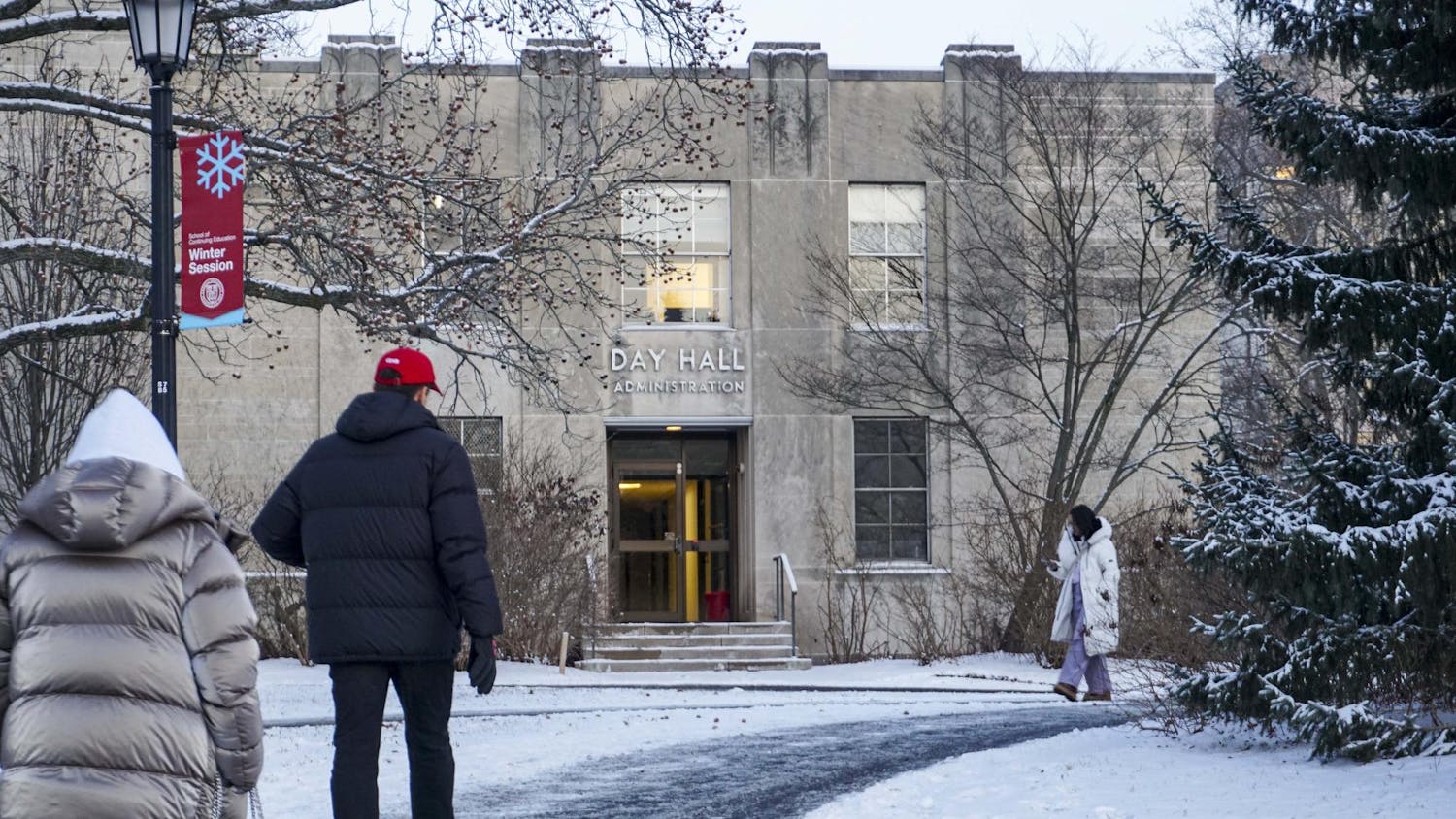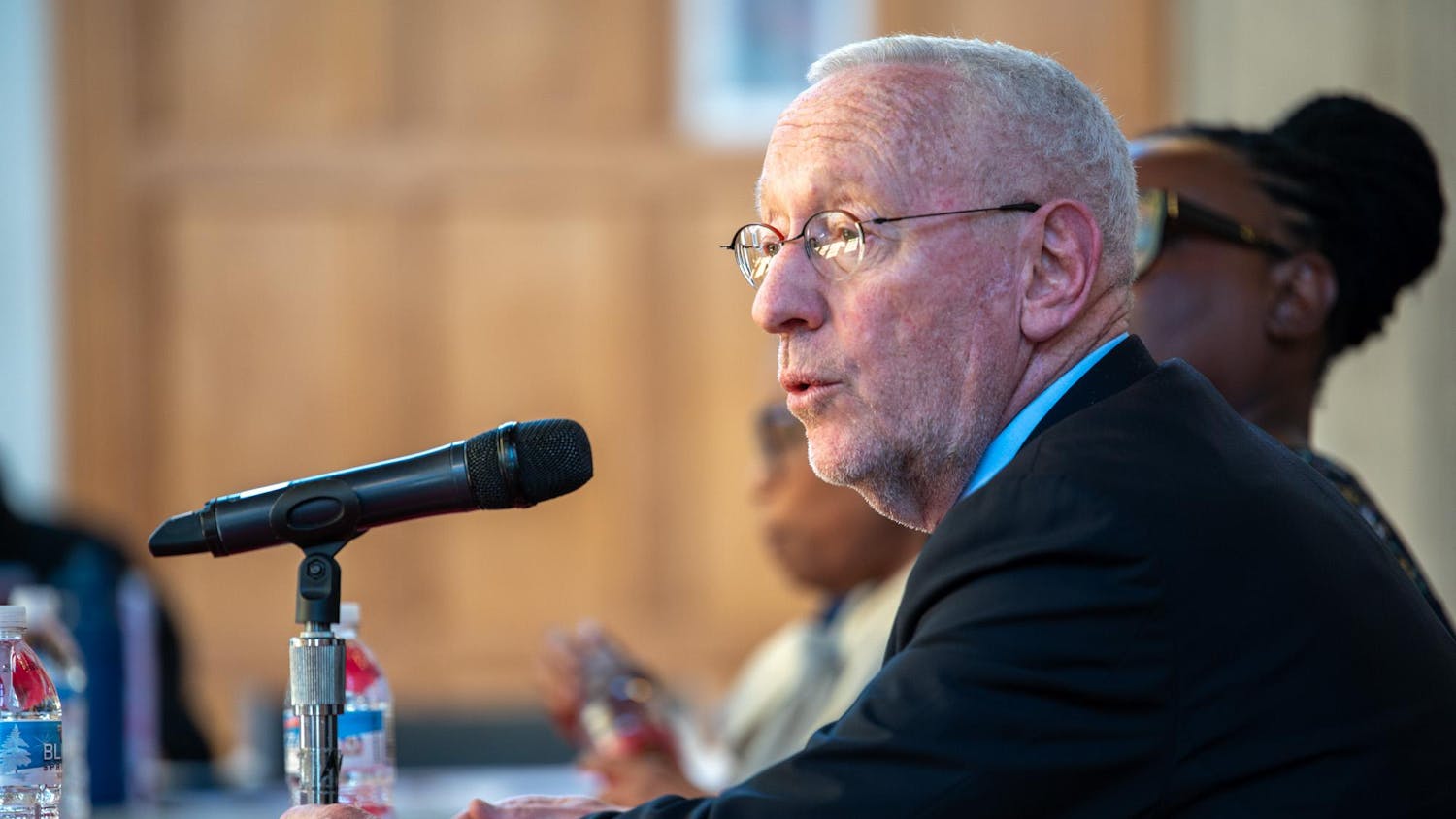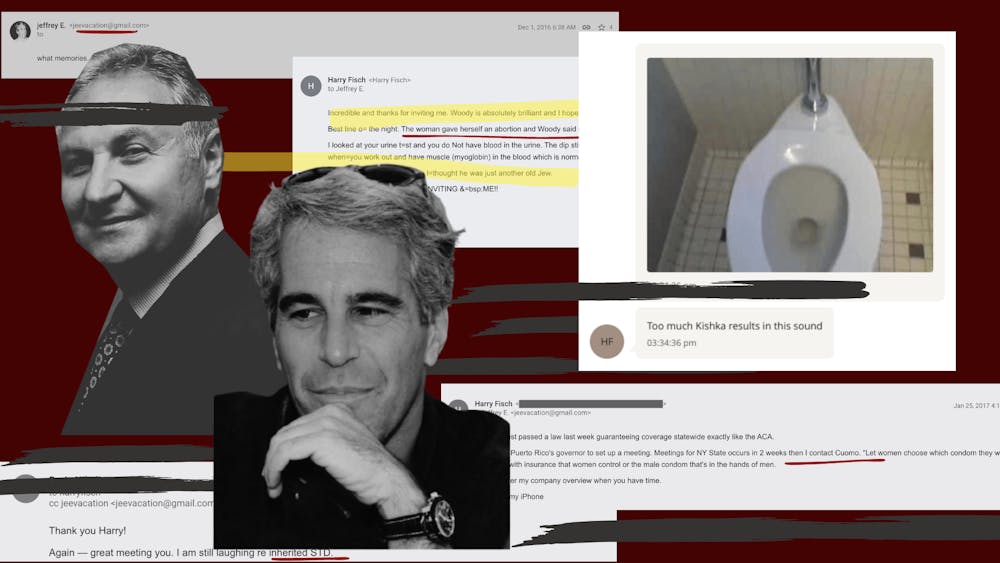Why are some Cornell students — and a group of Americans in general — refusing to wear masks despite evidence that the practice is effective at curbing the spread of COVID-19?
Scientific studies found that wearing masks would save 66,000 American lives by December, yet only 80 percent of Americans say they frequently wear masks when expected to be within six feet of other people.
The Sun spoke with Prof. William Schulze, applied economics and management and co-director of the Cornell Center of Behavioral Economics and Decision Research, to discuss how behavioral economics can explain why people are refusing to wear masks during the pandemic.
Schulze outlined two economic theories explaining the refusal to wear masks in human behavior.
The first theory suggests that humans lack the ability to accurately assess low-probability risks. The idea is that when faced with the possibility of contracting COVID-19, individuals tend to either under or overreact, either by dismissing it altogether or becoming overly fearful.
“Natural selection has not given us the ability to deal with low probability events — those less than two-tenths of a percent — like contracting COVID-19 and thus we tend to ignore or dismiss the risks,” Schulze said.
Humans cannot accurately evaluate risk, specifically when it involves statistics and probabilities. Research shows that in times of uncertainty, people lean on their social circles or local leaders for guidance.
“In order to educate the public about mask-wearing and nudge people towards the best combination of behaviors, there needs to be a clear, effective and unambiguous message delivered by a leader who is well-respected and trusted in the community,” Schulze said.
He pointed to Gov. Andrew Cuomo (D-N.Y.), who in his daily briefings, promoted mask wearing by warning that not wearing a mask would endanger others and in turn, helped educate New Yorkers about public safety guidelines.
Schulze then went on to explain a second theory, which focuses on how framing can affect whether a decision is viewed as a gain or a loss.
“Mask-wearing can be framed by some people as a means to protect themselves, their loved ones and their communities from this disease, while other people frame mask-wearing as an infringement on their rights and an unnecessary response to the risk,” Schulze said.
In addition, research has shown that people are risk-seeking in losses, more likely to choose a riskier gamble when faced with two losses; and risk-averse in gains, less likely to choose a riskier gamble when faced with two gains.
“The framing of mask-wearing as a loss of freedom by President Trump and other Republican leaders have made their followers both irrationally risk-seeking, and unwilling to recognize the value of wearing a mask, for fear of not fitting-in,” Schulze said.
At the center of the conflict between those who wear masks and those who refuse to are two mentalities: YOYO’s — You’re On Your Own — and WITT’s — We’re In This Together. Schulze explained that YOYO’s are people who act selfishly in their own self-interest, while WITT’s are people who act in the collective interest of others.
“Wearing masks can help save lives and ensure the public health and safety of a community, but it is only effective if everyone acts with the WITT mentality and does their part,” Schulze said.

Why People Refuse to Wear Masks, Explained
Reading time: about 3 minutes
Read More










